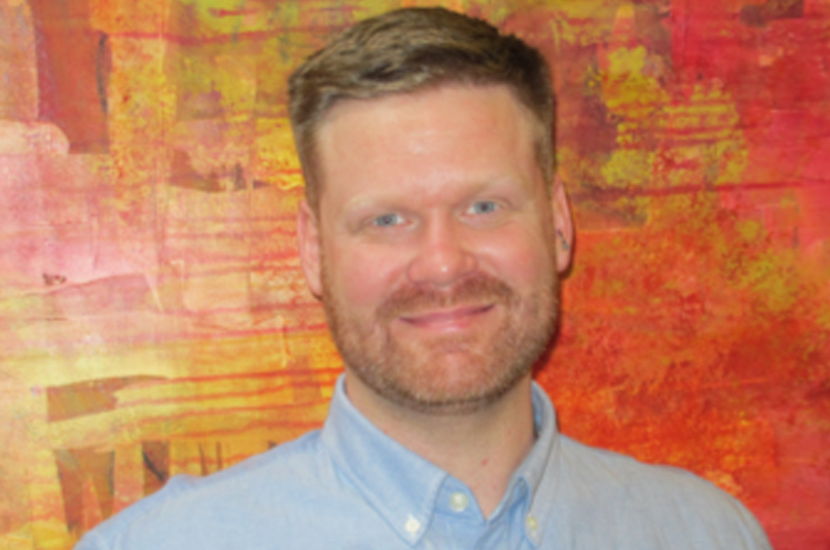Mindfulness is a word used and rarely understood… at least it was for me when I started practicing it. Mindfulness and meditation are often used interchangeably, but they are very different things. Meditation is a practice that can lead one to a mindful state, and mindfulness can be a meditation. Still, they are not the same things.
Mindfulness is a process of being present, "in the pause,” the here-and-now. This can be achieved in many different ways, as we have shared the past couple of weeks. Meditation is a process of focusing the mind in a very deliberate way on one's breathing, a sound, a thought, an area of the body, etc. This is a mindfulness practice, yes, but meditation can also be much more.
Both require practice. When starting a mindfulness practice, one might focus their mind for all of 10 seconds before it wanders off onto something else. When that happens, we often convince ourselves it is not for us, that it is too hard and give up. I have been one of these people.
In my own mindfulness practice, I would do everything the books and articles told me to do to be successful and still struggled. It was really annoying for me. I mean, I had the quiet space, the soft music, a comfortable chair, comfy clothes, and a nice smell to help inspire the meditative state I wanted. However, within the first few seconds, I literally was thinking of everything except for what was intended. So, I gave it up. I would try it again, only to have the same things happen again and again.
Eventually, I realized it is not that I am not suited for a meditative or mindfulness practice, but I had unrealistic expectations for myself as a beginner. There are things I can do and while doing them, I get completely lost in them: that is a mindfulness practice. I was being present, focused on the singular task at hand.
I realized it is about: A) finding what works for you and B) it legitimately takes time to get where we want to be with anything. Is it cooking, gardening, reading a good book, or sitting down to meditate? Whatever helps you get to a place of singular focus - and when that focus is pulled away from what is in front of you, you gently redirect yourself back - that is mindfulness.
I know I can be exceptionally hard on myself when what I am doing does not meet the expectation I have in mind. That, too, has become a mindfulness practice in itself lately. How can I recognize, in myself, when I am getting frustrated because I am not meeting my own very high expectations? How can I not only recognize, but become more compassionate and empathetic to a number of factors that may be why I am not what I expected? Am I tired? Is it something new for me and I am still learning? Or maybe I am stressed and my energy is all over the place and it is hard for me to even think about anything? I have come to realize I do not have much patience with myself when I want something. I feel I should be able to do it well the first time I do it, because things have always come easy for me. I am grateful for that, but in moments when things don't, I feel like I have failed.
A part of my practice now is being mindful of how hard I am on myself and learning to cherish the difficulty in things I am not good at. This causes me to stretch in ways I have not had to before, and therefore, teaches me new things about myself that would have otherwise been hidden. I am sure I am not the only person who holds high expectations for themselves or who has given things up because the task was not mastered the first time attempted (whether that be meditation, playing an instrument, running, working out, etc.).
Let's reexamine our expectations for ourselves and set more attainable ones, so we are able to do some of the things we have wanted, while also stretching ourselves to be more compassionate to ourselves. I invite you to start right now by experiencing my first ever recorded guided meditation.
Josh Stanley, LSW
Therapist
Regardless of the client, helping anyone engage, resolve and reinvent through life’s challenges is a calling I humbly accept. Helping increase awareness for each client so they can make intentional choices for their life is so rewarding. I also enjoy helping those who are empathic learn how to establish routines for self-care and ways to work with their emotions so they can engage with life and others in a way that can help reduce anxiety.

